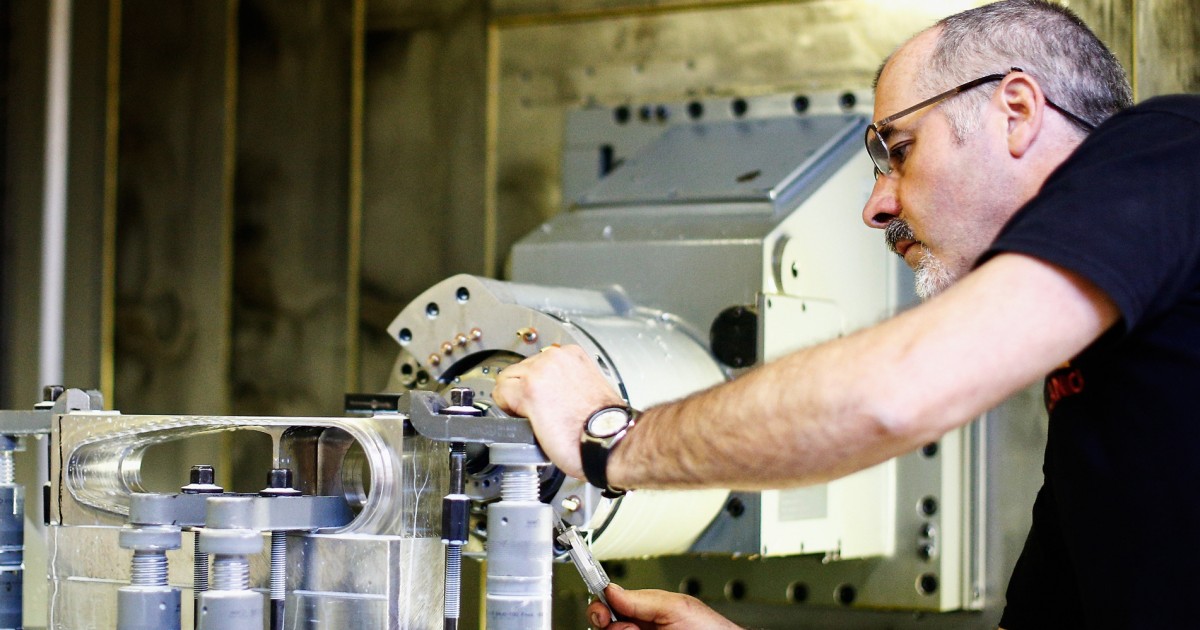
Electrochemical Cell
An electrochemical cell is a device that converts chemical energy into electrical energy or vice versa through oxidation-reduction reactions. It consists of two electrodes, an anode and a cathode, which are immersed in an electrolyte solution. The anode is the electrode where oxidation occurs, while the cathode is the electrode where reduction occurs. The electrolyte solution contains ions that allow the flow of electrons between the electrodes. When the cell is connected to an external circuit, electrons flow from the anode to the cathode, generating an electric current. In a rechargeable electrochemical cell, the direction of the current can be reversed by applying an external voltage, allowing the cell to be recharged. Electrochemical cells are used in a variety of applications, including batteries, fuel cells, and electroplating.
Your Previous Searches
Random Picks
- Habitat Modules: Habitat modules are self-contained living quarters designed to support human life in space. These modules are typically used in long-duration space missions, such as those to the International Space Station or future missions to Mars. They ... Read More >>
- Radioactive Waste: Radioactive waste is any material that contains radioactive elements and is no longer useful or needed. This waste is generated from various sources such as nuclear power plants, medical facilities, research institutions, and industrial pro ... Read More >>
- Hydrogen Peroxide: Hydrogen peroxide is a chemical compound with the formula H2O2. In the context of space and astronautical engineering, hydrogen peroxide is commonly used as a propellant in rocket engines. It is a monopropellant, meaning it decomposes into ... Read More >>
Top News

A day at Uranus just got 28 seconds longer...
A day at Uranus just got a little longer...
News Source: ABC News on 2025-04-07

SpaceX's Fram2 returns from first-of-its-kind mission around Earth's poles...
The Fram2 mission, paid for and led by a cryptocurrency billionaire who is flying with three guests, has returned after a journey on a unprecedented polar orbit....
News Source: CNN on 2025-04-04

Scientists release plans for an even bigger atom smasher to address the mysterie...
GENEVA — Top minds at the world’s largest atom smasher have released a blueprint for a much bigger successor that could vastly improve research into the remaining enigmas of physics....
News Source: NBC News on 2025-04-01

Scientists release plans for even bigger atom smasher along the French-Swiss bor...
Scientists at the world’s largest atom smasher have released a blueprint for a much bigger successor that could help solve enigmas of physics, starting in the mid-2040s at a cost of about $16 billio...
News Source: ABC News on 2025-04-01

The 'Blaze Star' hasn't exploded yet, but it could soon...
T Coronae Borealis has an outburst every 79 to 80 years, according to NASA....
News Source: ABC News on 2025-03-28